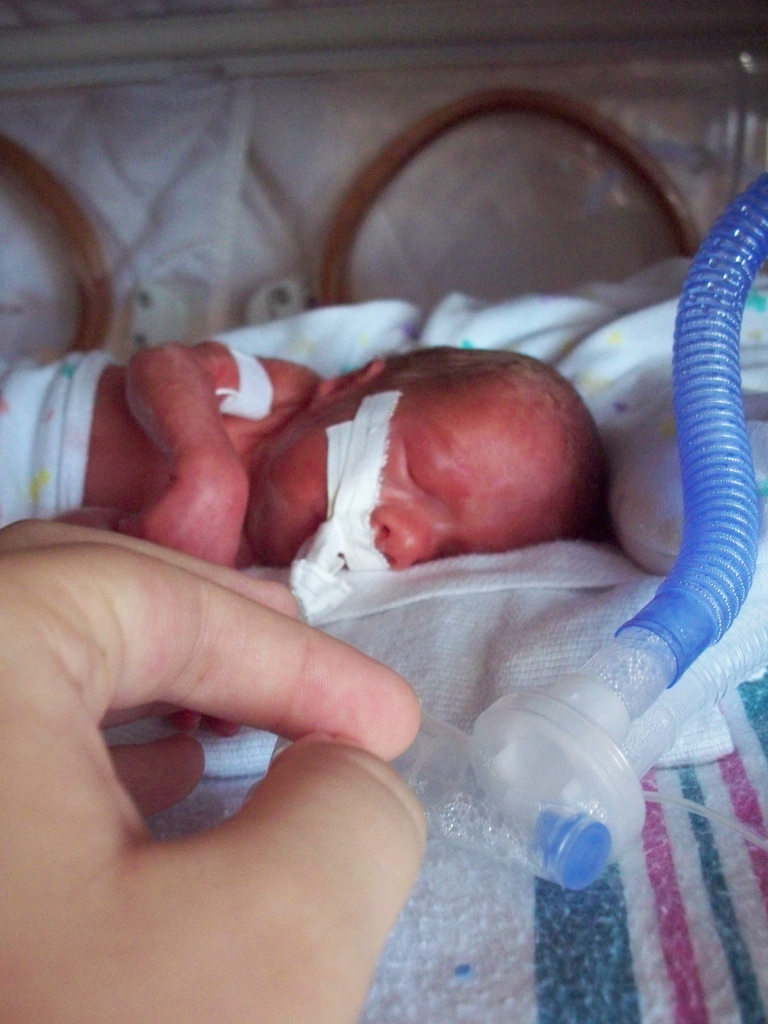It’s still summery, and so here is a little story for the beach or the side of the pool
‘There are challenges, certainly’, said the Boss. ‘But we’re confident that we can meet them. Or at least’, he went on, looking over his glasses for signs of dissent, ‘for a critical mass of stakeholders’.
A graph appeared on the screen at his side. He traced its lines with a red laser dot.
‘Here’, he said, ‘we have the expected rise of temperature with time. And here’ (he stabbed with the dot, as if doing the killing himself), ‘we have the consequent reduction in human population – assuming’ (and he held up a schoolmasterly finger), ‘we don’t have any HR66.’
He sipped some water, and waited for this to sink in. It did.
‘But don’t worry’, he said. ‘There’s good news. We do have HR66. Not enough for everyone, sadly, but enough to ensure that the human baton is passed on. And enough, I’m glad to say, for everyone in this room.’
There was a ripple of relief.
‘And their families, of course’, the Boss continued. ‘Families are very important to us. But all this assumes that you want to have the HR66. No one will make you. But, frankly, what’s not to like? You take a single dose, and you survive. If you don’t take it, you don’t survive. It’s as simple as that. It even tastes of candy floss. It has only one side-effect, and that’s a wholly good thing. It increases – increases, mark you – your IQ. Very, very significantly. By about 100 points, in fact. Not only will you be alive; you’ll be a genius beside whom Einstein would have seemed a hopeless retard.’
One more press of the button, and up flashed the logo of the corporation that manufactured HR66. The Boss didn’t think it relevant to mention his shareholding.
‘Naturally’, said the Boss, ‘we have to vote for this in the usual way. Yes, humanity’s facing apocalypse, and there’s one, and only one way out. But we’ve still got to do things properly. But I expect that we can move to a vote now, can’t we?’
‘I’m sure we can’, agreed the Deputy. ‘You’ve all seen the motion. All those in favour….’
‘One moment’.
The Boss and the Deputy, up on the podium, stared. Everyone else turned. A little man in tweed lisped through a badger’s beard. ‘I’d like some clarification, please.’
‘But of course, Tom’, said the Boss, magnanimous and desperately alarmed. ‘Anything you like.’
No one really knew how Tom had got into the government, or why he wanted to be there. He had no strategically significant connections, no dress sense, no publications other than some monographs on moths and mediaeval fonts, no assets other than a dumpy wife, some anarchic, unwashed children and a small cottage on Dartmoor, and no entries in the Register of Members’ Interests apart from ‘Masturbation’. This entry had caused a terrible storm. He’d been accused of injuring the dignity of the House, but, after expensive legal advice had been taken, it had been ‘reluctantly concluded’ that there was no power to force him to remove it.
‘I’d like to know’, said Tom, ‘who’s going to get the drug. And why them rather than anyone else.’Read More »Playing the game: a story for the pool-side sun-lounger


